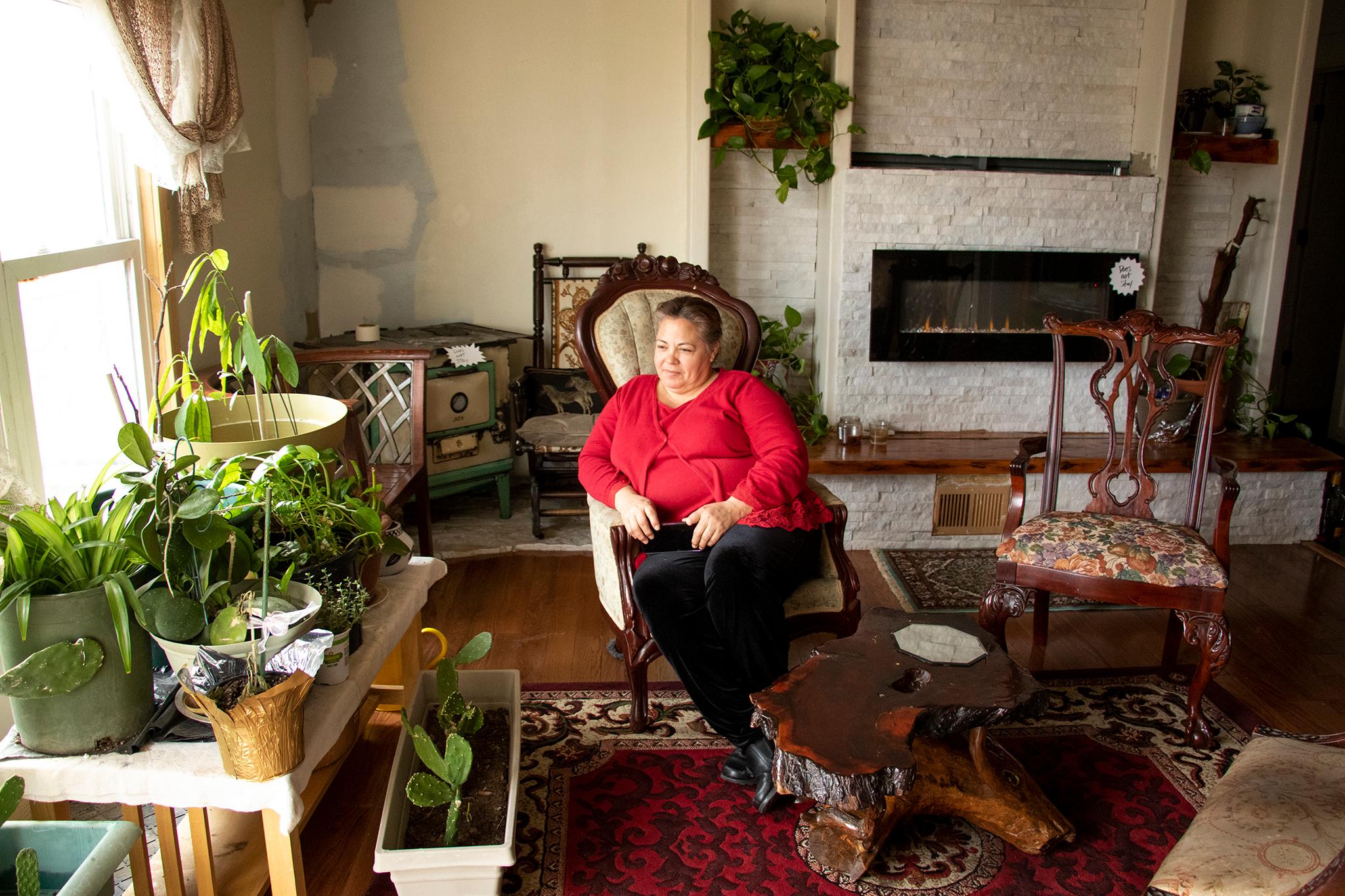During the years they were saving for a home, Lalo Ramirez and Hilda Lopez couch-surfed with relatives. They spent a few months living on the streets.
"We were lucky we found this," Ramirez said of the three-bed, two-bath, double-wide on which he and his wife put down $5,000 in 2013. "We were trying to find a house and we were denied -- we had no credit. We'd had no income for two years."
Ramirez was interviewed as he and Lopez, who work together in construction and are starting a catering business, were preparing to leave the mobile home in Aurora's Denver Meadows park. Park owner Shawn Lustigman has been trying to shut Denver Meadows down for more than three years. Ramirez assumes Lustigman will sell the plot near the burgeoning Anschutz medical campus and a new RTD light rail station to developers who will put up office towers or more expensive housing.
At one point, with support from a national manufactured housing nonprofit, the residents contemplated forming a cooperative to buy the land from Lustigman, who spurned their offer. Residents also took Lustigman to court to try to save their homes. Spurred by the crisis for people living at Denver Meadows, Aurora's city council on April 9, 2018 voted unanimously to declare a 10-month moratorium on accepting and approving applications for new development at mobile home parks.
On the anniversary of that city council vote, the dozen or so remaining households of what was once a community of more than 300 are making plans to move, with financial help that the city worked to obtain for them.
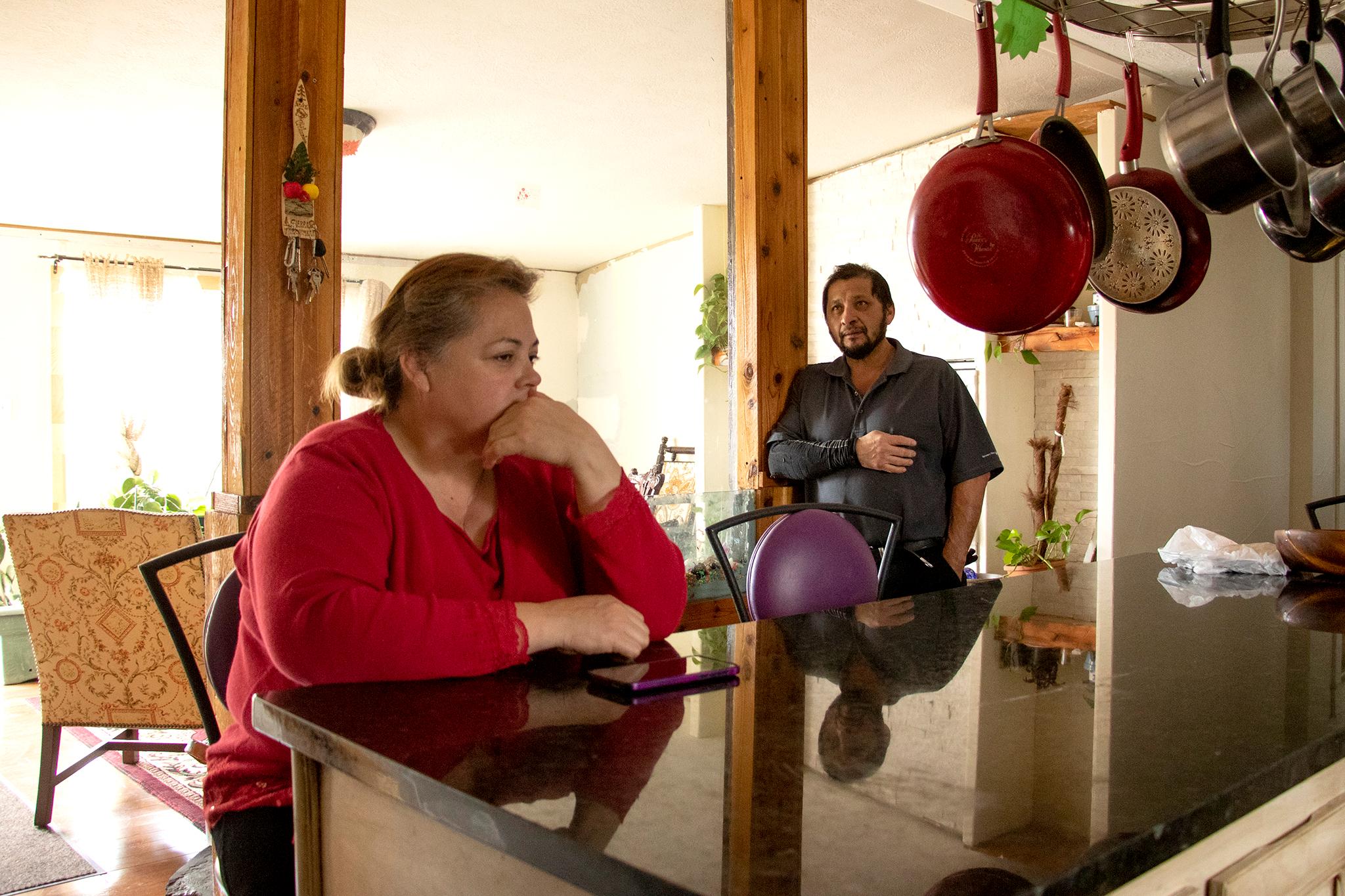
Ramirez said the struggle was not entirely fruitless.
He'll get about $25,000 for his mobile home from Lustigman as part of a total of $300,000 covering 18 homes in an agreement Mayor Bob LeGare negotiated. And Ramirez has had time to look for a new home. He said that neighbors who left soon after they learned Lustigman wanted to close the park "just moved to where ever they found first.
"I don't know if they had another choice or were just tired" of the uncertainty, Ramirez said. "I don't think they were happy."
In the last year, Ramirez and Lopez bought land in two spots in southern Colorado, thinking they would be able to move their home. But the rules changed in one of the areas to disallow mobile homes. The couple later decided their home wouldn't survive the journey to the other plot -- even if they could afford moving expenses that Ramirez estimated at $20,000. Now the couple is looking for a conventional home to buy and planning to sell land to put toward a down payment. In the meantime, they'll move in with Lopez's mother, who lives in another Aurora mobile home park. They've heard rumors that that park, too, is slated for redevelopment.
"We have tried to find a place around here," Ramirez said. "They ask for more than we can afford right now."
"They might ask for a big down payment. We're still self-employed."
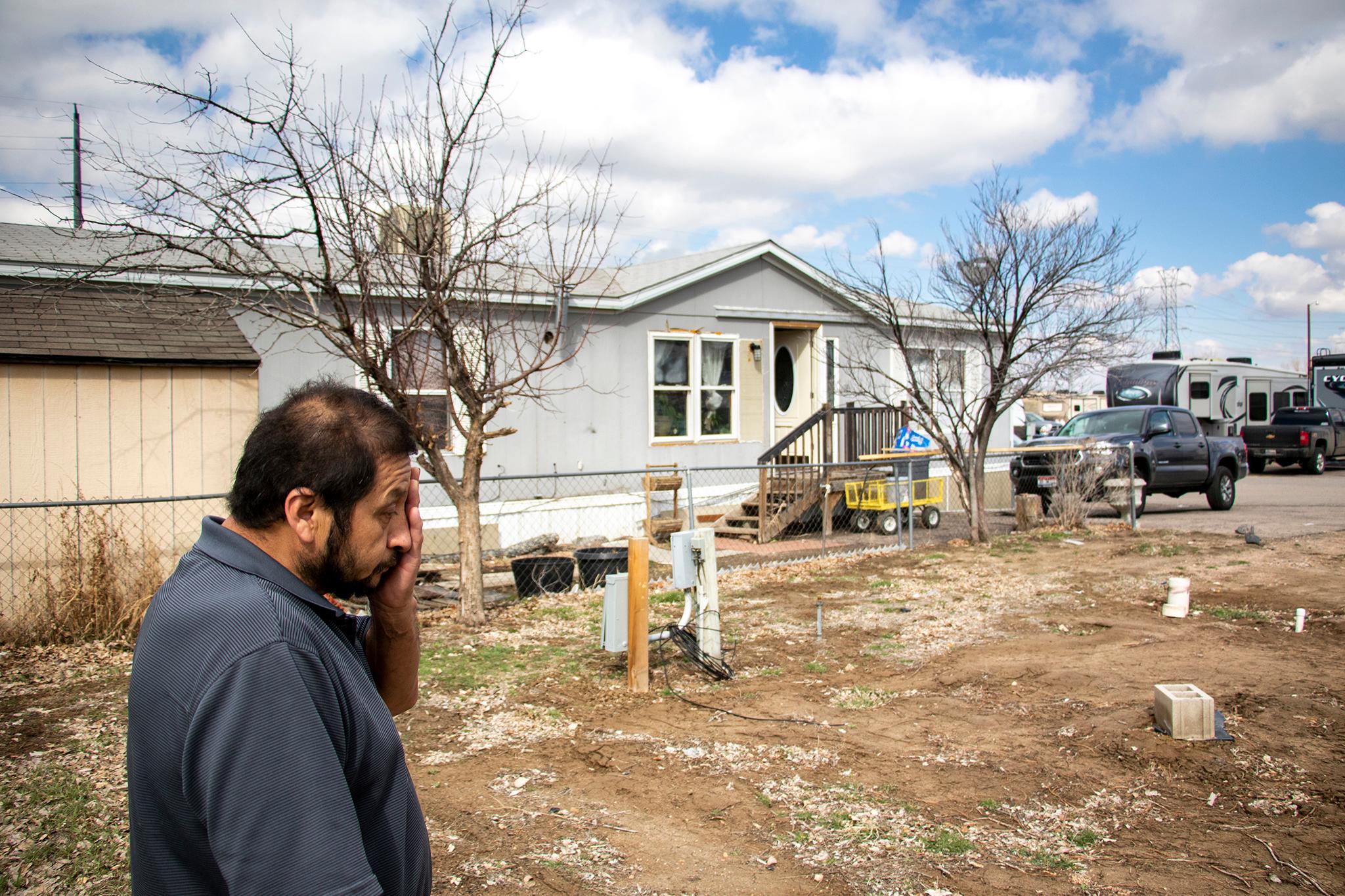
Dre Chiriboga-Flor, senior housing organizer for the advocacy group 9to5, said that while Denver Meadows is closing down, the campaign to help its residents was not a total loss. Chiriboga-Flor, who helped Denver Meadows residents strategize, noted that at one point the park residents have been told they would have to leave by June 30, 2018.
Mayor LeGare told his city council last month that after several earlier extensions the final deadline was May 31. LeGare also said Lustigman had expressed concern during negotiations that even if he agreed to a proposed settlement to help park residents he would not be treated fairly should he come to city council to request zoning changes he might need to develop or sell the land.
"I assured him that I was 100 percent confident that Denver Meadows would get a fair hearing," LeGare said.
"I've spent the last three years of my life working on" the agreement, the mayor said, adding he'd even met with Lustigman on March 11, the day a blizzard hit the Denver area.
"I'm happy to report that I have that signed agreement in hand," LeGare said. City Council approved it unanimously on April 1. The council had last month approved $10,000 each for remaining park residents, drawing the money from marijuana sales tax revenue.
Lustigman declined to be interviewed for this story. In 2017 he told Denverite he wasn't sure whether he would sell or redevelop Denver Meadows. Lustigman said then that it was insulting that low-income residents would think they could buy the park from him and accused them of wanting to become "millionaires." He said they were not entitled to anything: "They don't own the land."
Ramirez and his wife, who have been married 29 years, once ran and co-owned a restaurant in Idaho. They lost the business during the Great Recession. They recently decided to get back into the hospitality business with a catering service. They also have plans for a food truck one day -- Ramirez is already refurbishing a vehicle.
Ramirez believes in giving a little to get ahead in business.
He offers prospective catering clients hearty tasting menus.
"It's bringing me business," he said after a late night preparing and serving one such meal. "I don't know that I'm going to get to a point where I'll be rich. But that's not my goal. It's to live comfortably, provide for my family. You can't take property with you when you die."
Getting back on their feet after coming to Denver involved starting a small business installing drywall that takes Ramirez and Lopez all over Colorado. They like Denver Meadows' location near an Interstate 225 on-ramp.
Ramirez said he and his wife struck a deal with Lustigman to buy the home for $45,000, putting down $5,000 and paying the rest over time at 10 percent interest. The couple paid Lustigman $630 a month for what they owed on the home and rented the land under it for additional costs, Ramirez said. The land rent started at $640 and later rose to $900, Ramirez said.
The two have incorporated into their double-wide ideas they have seen while they worked on homes they have helped renovate. They have installed a gas fireplace, new kitchen cabinets, a cozy bar and a porch with cages for their collection of parakeets and parrots.
"Our plans were to remodel and sell it, make extra money," Ramirez said of his home.
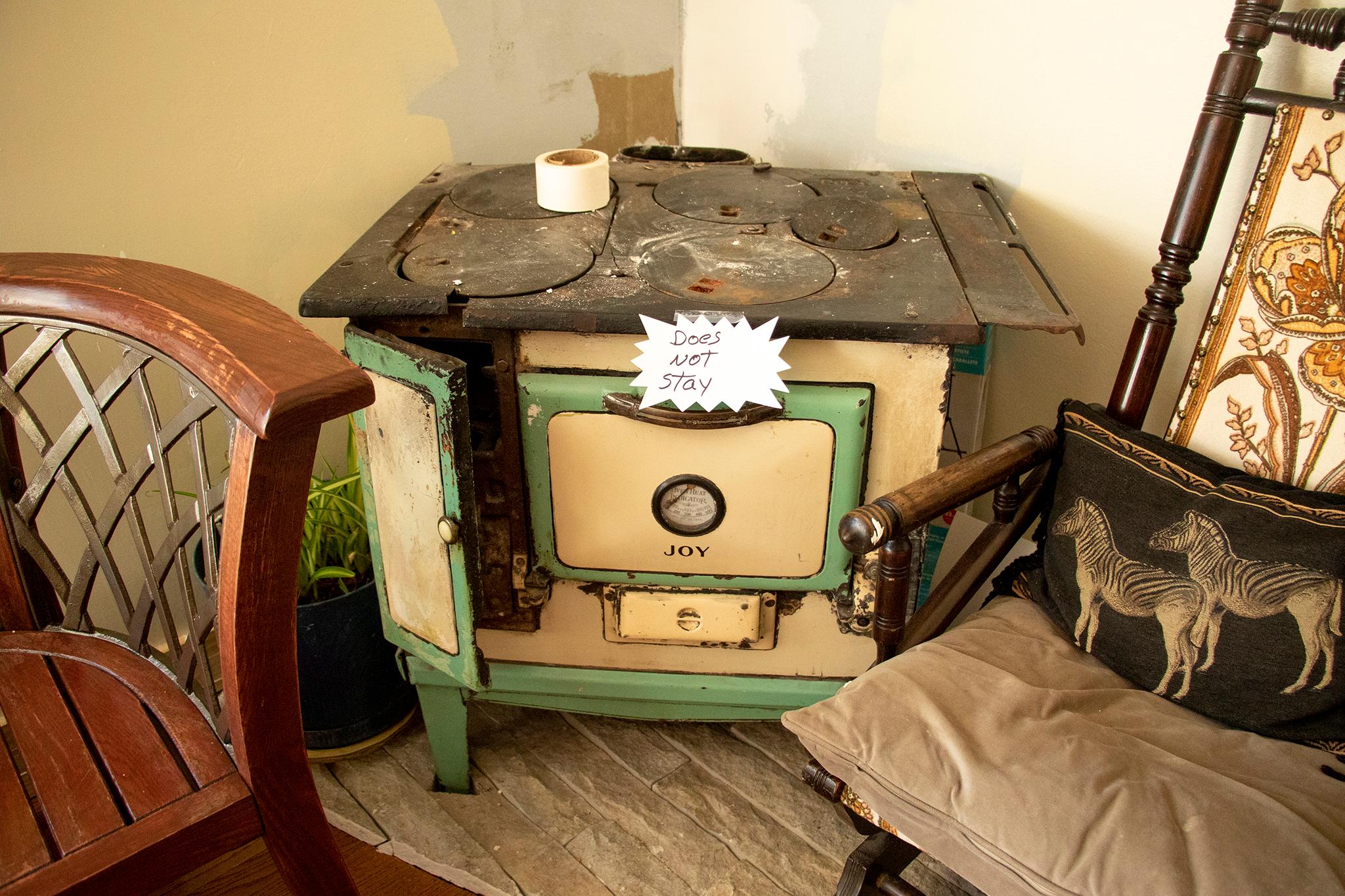
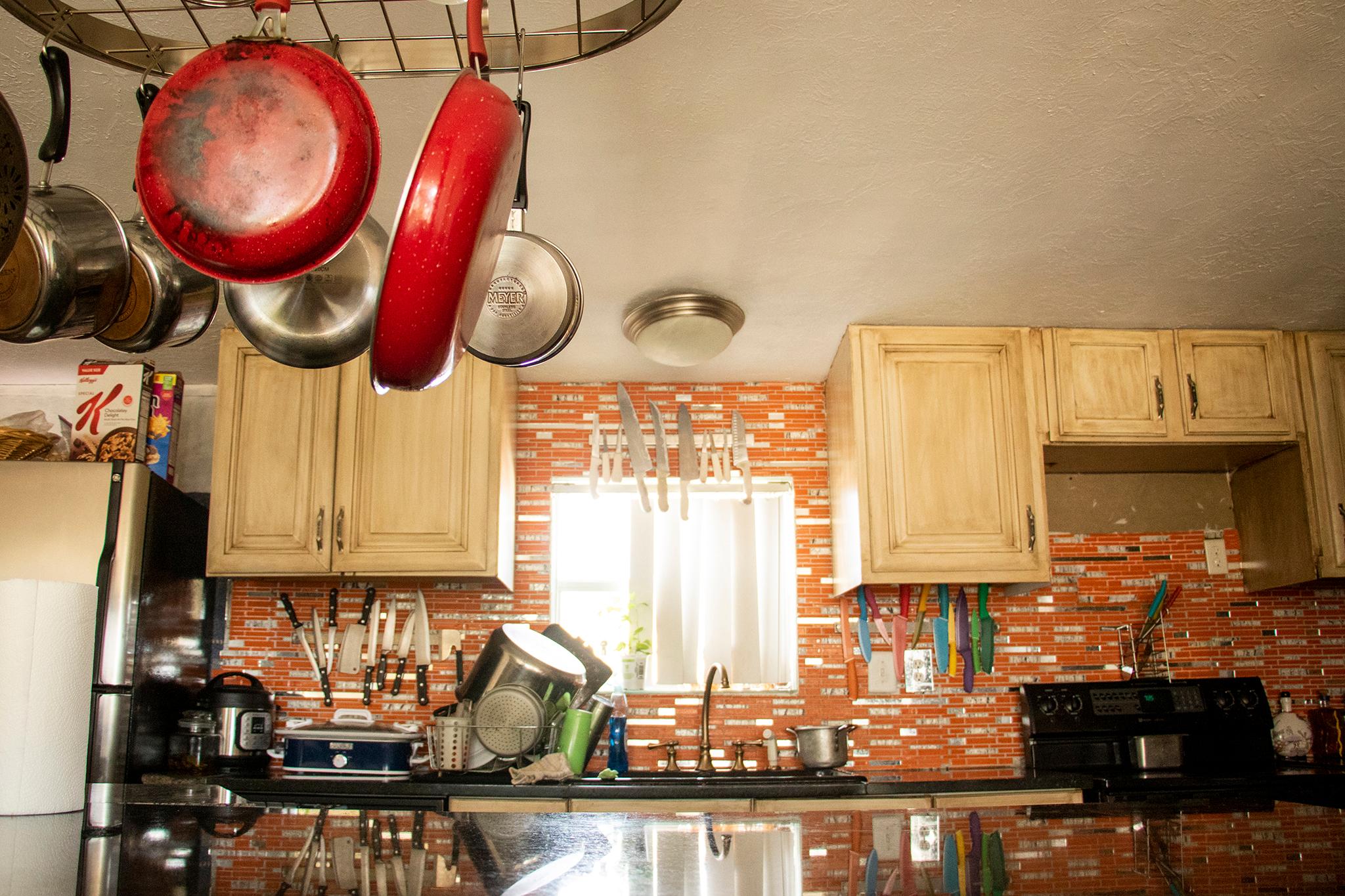

Aurora City Councilwoman Crystal Murillo, whose Ward 1 includes Denver Meadows, notes owning a mobile home can help low-income residents earn equity. It can be, she said, a "way of accomplishing stability and reaching the American dream."
But it can be precarious.
"I don't want this situation to happen again," she said of the experiences of the Denver Meadows residents. "To me, if you don't own the land, there's always going to be a potential for displacement."
In addition to declaring the moratorium on mobile home park development, the Aurora City Council formed a Mobile Home Task Force that housing organizer Chiriboga-Flor said helped shine a light on how mobile homes can contribute to metro Denver's affordable housing stock. A park owner -- not Lustigman -- was on the task force, but attended only two of 15 meetings. More regular attendees included Chiriboga-Flor, park residents and representatives of housing nonprofits.
In its February report, the task force noted that Aurora, a city of about 360,000, has a median income of $59,467, compared with $65,655 for the state and $71,926 for the Denver area. A 2018 housing market report the task force cited identified adding affordable housing as among the city's top priorities.
"Mobile homes are a form of naturally occurring affordable housing that allow lower-income residents to become homeowners," the task force said. But "most mobile home owners do not own their land and have to pay a monthly rent for the lots, subjecting tenants to the volatility of the housing market that could make monthly payments unaffordable."
Chiriboga-Flor knows of former Denver Meadows residents who have moved to Kiowa and Grand Junction in search of places they can afford to live and that accept mobile homes. Some neighborhoods and local officials frown on mobile homes -- think of the phrase "trailer trash."
"The stigma is real," Chiriboga-Flor said
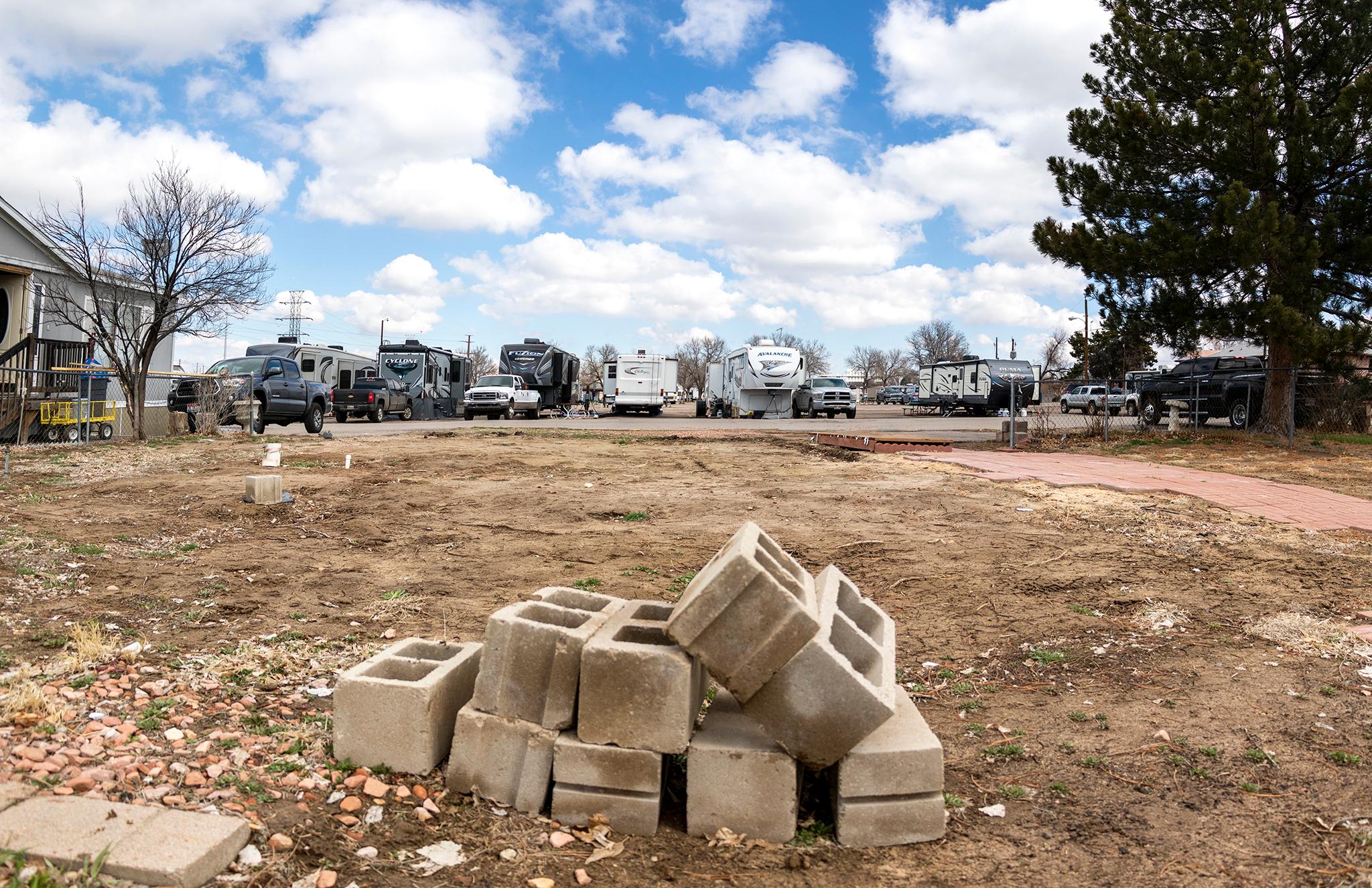
It's not just an Aurora issue.
In a 2018 report on the state's mobile home industry, Colorado's Department of Regulatory Agencies said that a development boom across the Front Range has meant increasing land prices. If a park owner wants to take advantage of the boom, he or she "need only give residents 180 days' notice to relocate," DORA said, citing state law. "Homeowners are then forced into a housing market where space is scarce and expensive."
"The manufactured housing community industry poses a difficult challenge for policymakers," DORA said. "How does the government protect the rights of homeowners and the rights of landowners simultaneously?"
A proposal introduced at the state legislature last week would create a "Mobile Home Park Dispute Resolution and Enforcement Program" funded by a park registration fee that would take complaints, conduct investigations and take part in an administrative resolution process. Under current law, homeowners who think a landlord is violating state law must file a civil suit. Going to court "is an expensive undertaking and the homeowners in manufactured housing are typically lower income," DORA had said in its 2018 report.
Among the recommendations issued in February by the Aurora task force were calls to create a funding source to support community land trusts or cooperatives of park residents to secure the plots under their manufactured homes.
Technically a "mobile home" is a unit built before 1976, when the federal Housing and Urban Development department set quality standards for factory-built homes. A home built after 1976 is "manufactured," though many -- including the Aurora task force -- use "mobile" and "manufactured" interchangeably.
City Councilwoman Murillo said she expected people across Colorado to be watching closely as Aurora considered which of the task force recommendations to adopt. Denver Meadows started an important conversation, she said.
"This is just the beginning," she said. "A sad beginning."

